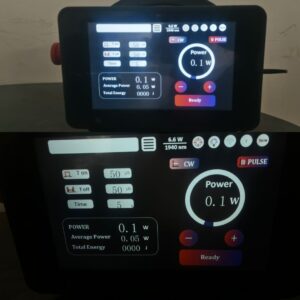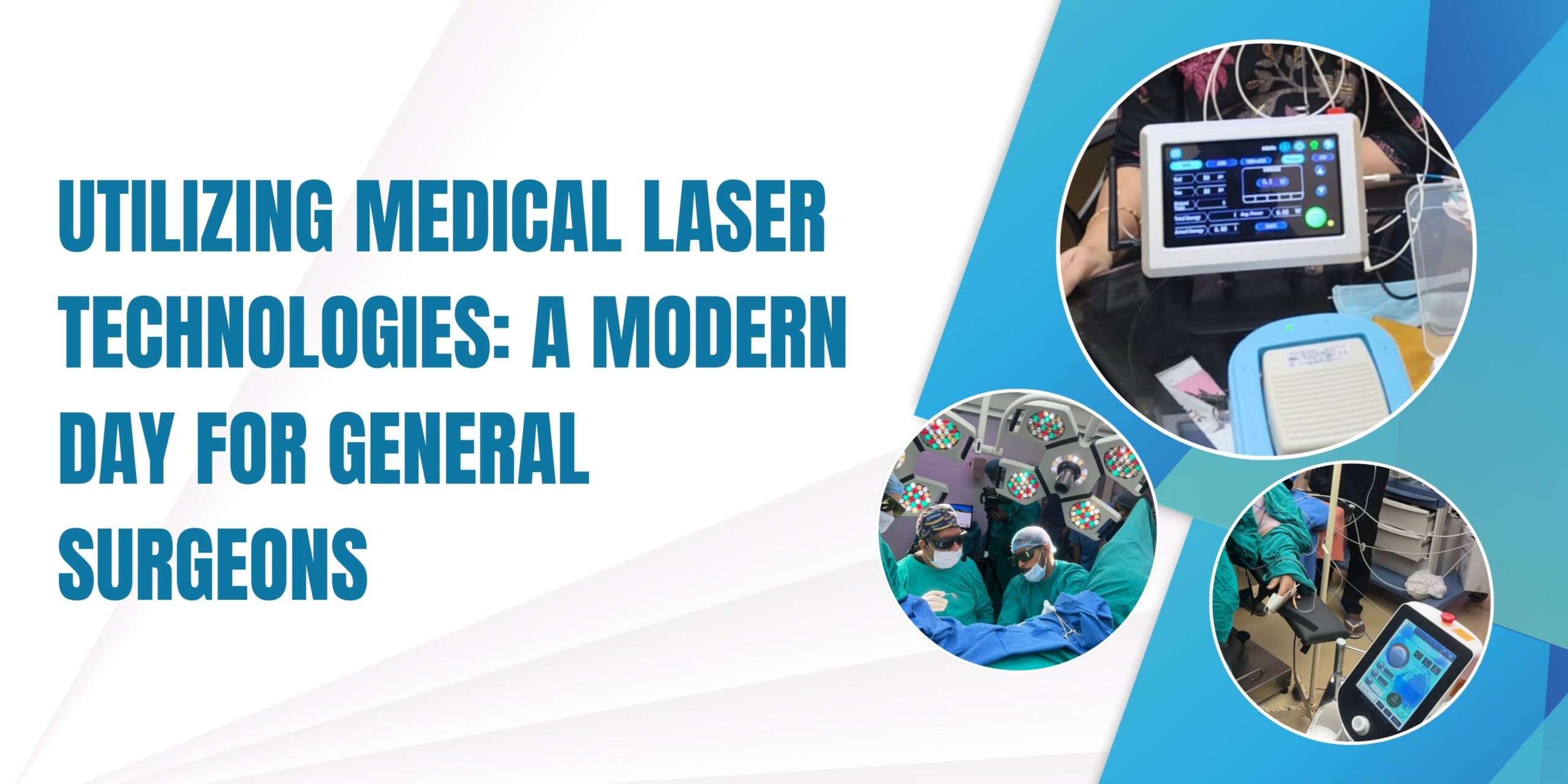Modern surgery is undergoing rapid changes, and one major factor in this change is the advancement of medical laser technologies. Once a specialized tool for selective surgeries, lasers are now becoming a mainstay in multiple general surgical applications. For the practicing general surgeon, the understanding and incorporation of medical laser systems into practice: has the potential to improve patient outcomes, improve workflow efficiency and allow the practitioner to diversify their service delivery.

-
Accuracy That Benefits Surgical Outcomes
One of the most appealing qualities of medical lasers is their unmatched accuracy. The focused energy allows the surgeon to cut, ablate, or coagulate tissue with a limited impact to surrounding tissues. Whether it is a hemorrhoidectomy, pilonidal sinus excision, fistula surgery, soft tissue ablation–the ability to target tissue specifically means less injury to surrounding tissues.
Clinically relevant: Less trauma will result in less inflammation, less postoperative pain and quicker recoveries for patients; items that are pivotal to patient satisfaction and referral rates.
-
Superior Hemostasis and Visibility
The laser source seals small blood vessels and lymphatics at cut sites, providing hemostasis simultaneously. The result is a drier operative field and better visibility of the anatomy.
In practice: Better visibility does not only reduce the stress of surgery, but also decreases case times and the risk for intraoperative complications. This efficiency also equates to higher throughput and profitability for day-case procedures.
-
Patients Seeking Less Invasive Options
Patients today are requesting less invasive options with shorter down time. Laser procedures, for example Laser Assisted Hemorrhoidoplasty (LHP), laser treatment of fistulas, varicose vein ablation, etc., generally require smaller incisions or no incisions at all.
Benefit to surgeons: Providing these procedures positions you as an industry leader responding to patient needs, and allows you to attract new patients while keeping your existing patients.
-
Reduced Risk of Morbidity
Because lasers work with precision and less mechanical trauma, patients generally tolerate procedures with :
- Decreased postoperative pain
- Lower use of analgesics
- Lower risk of infection
- Faster wound healing
All of which can relate to shorter hospital stay and quicker return to normal activity, which ultimately result in better patient satisfaction. Patient satisfaction scores are increasingly tied to quality metrics for institutions and claims for reimbursement for insurance companies.
-
Adaptability for Multiple Indications
Medical lasers are not restricted to only a singular specialty or disease state. In general surgery, lasers may be used for:
- Hemorrhoids (Grade II–III)
- Fistula-in-ano
- Pilonidal sinus
- Varicose veins
- Anal fissures
- Soft tissue tumor excisions
- Wound debridement for chronic wounds
Taking advantage of the versatility of lasers allows you to fully optimize the use of a laser device in one practice, therefore producing a significant return on investment, while allowing you the ability to expand your surgery skills without the purchase of multiple devices.
-
Practice Expansion and Competition
Implementing laser technology and performing laser procedures does indeed lead to positive outcomes in clinical management, but often revenue as well. Oftentimes patients are willing to pay extra for procedures that are minimally invasive, quicker recovery and less pain. Promoting your practice as a laser surgery center can remove you from the herd of competitors in the healthcare field.
-
Training and Incorporation
The adjustment to laser surgery as a new approach is easier than most expect. The current systems and devices are manageable and hands on training courses from industry partners or educational institutions familiarize surgeons in a short stage of time.
Surgeon tip: Start with the most common cases (laser hemorrhoidoplasty or pilonidal sinus) to garner confidence in laser utilization, before progressing to more complex cases.

Key Points for General Surgeons
Medical lasers are no longer merely adjunctive tools; they are becoming a standard of care in modern general surgery. By committing to this technology, you can:
- Provide your patients with improved outcomes and comfort
- Minimize intraoperative and postoperative morbidity
- Grow your surgical repertoire
- Increase the financial viability and reputation of your practice
As patient expectations rise, staying ahead of the curve in incorporating medical lasers is not an option, but rather a necessity for the forward thinking general surgeon.


Comments